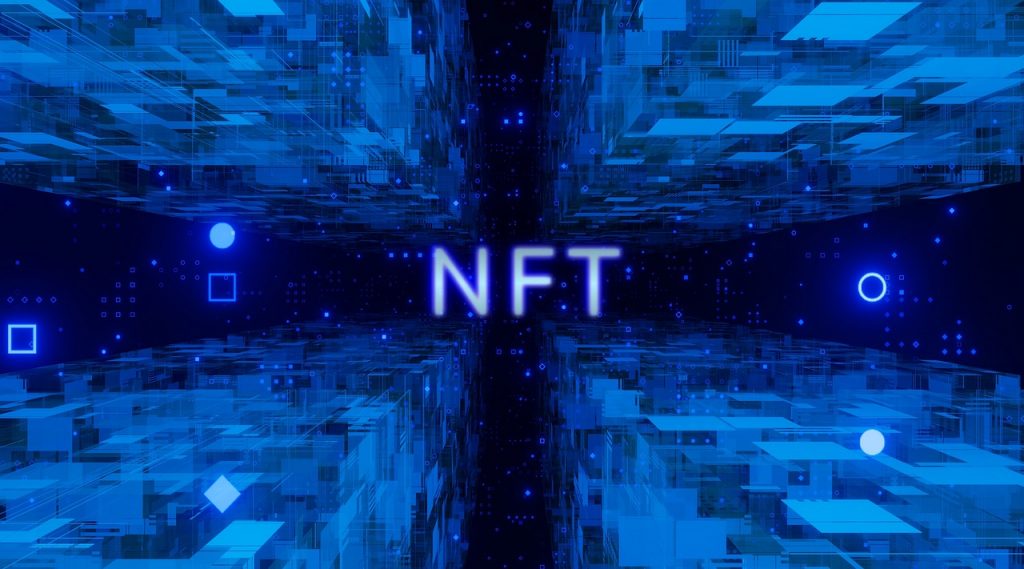Asset tokenization keeps revolutionizing the way we perceive and interact with various forms of value. NFTs, or non-fungible tokens, could transform the finance industry by offering innovative solutions for asset issuance, management, and trading. As the technology continues to refine and the regulatory framework evolves, NFTs have the potential to transform the financial landscape in many industries, redefining traditional processes.
In this blog post, we explore the current and future applications of NFTs in finance, as well as the challenges they present and their impact on traditional financial institutions.
Unlocking New Opportunities with NFTs in Finance
NFTs are unique, indivisible and tamper-proof blockchain tokens that enable the tokenization of various assets in a wide range of domains, making them more accessible and tradable. This has the potential to democratize access to investments and create new financial products. This type of token allows us to streamline asset management processes by providing a transparent and secure way of tracking asset ownership and provenance, thanks to blockchain technology.
While NFTs have gained extraordinary notoriety as way of trading digital collectibles, art, and other rare items, the unique and indivisible nature of NFTs makes them particularly suitable for use cases in many other fields, including real estate, video games and other virtual goods, intellectual property, identity verification, event tickets or supply chain applications.
If something must be securely certified, verifiable, and transmisible, NFTs can potentially improve the process.

Navigating the Challenges for NFT widespread use
There are still, however, certain challenges to the widespread use of the technology. For example, while new blockchain related regulation now provides a legal framework in the EU for the issuance and trade of security tokens, a clear regulation surrounding NFTs is still being drafted, which may potentially create compliance risks for businesses and investors. Since they have such a wide range of applications, regulating them adequately requires creating new regulations and updating older ones in already complex fields from the regulatory perspective, such as intellectual property.
From a technological perspective, NFTs are affected by the same challenges that hinder the uptake of other types of blockchain tokens, namely lack of interoperability between networks and the limited ability of blockchain systems to interact with other systems while maintaining their tamper-proof security.
Despite these challenges, NFTs are poised to play a significant role in the future of finance, offering innovative solutions that can reshape industries. As businesses and investors navigate the opportunities presented by this technology, it will carve a dynamic spot for itself in the asset tokenization landscape.
Entra en la nueva economia tokenizada
Token City es el puente definitivo hacia a la economía tokenizada (tEconomy), en la que las empresas tokenizadas (tEnterprises) crean sus mercados de cripto activos (tMarkets), abiertos a inversores globales (tCitizens).

